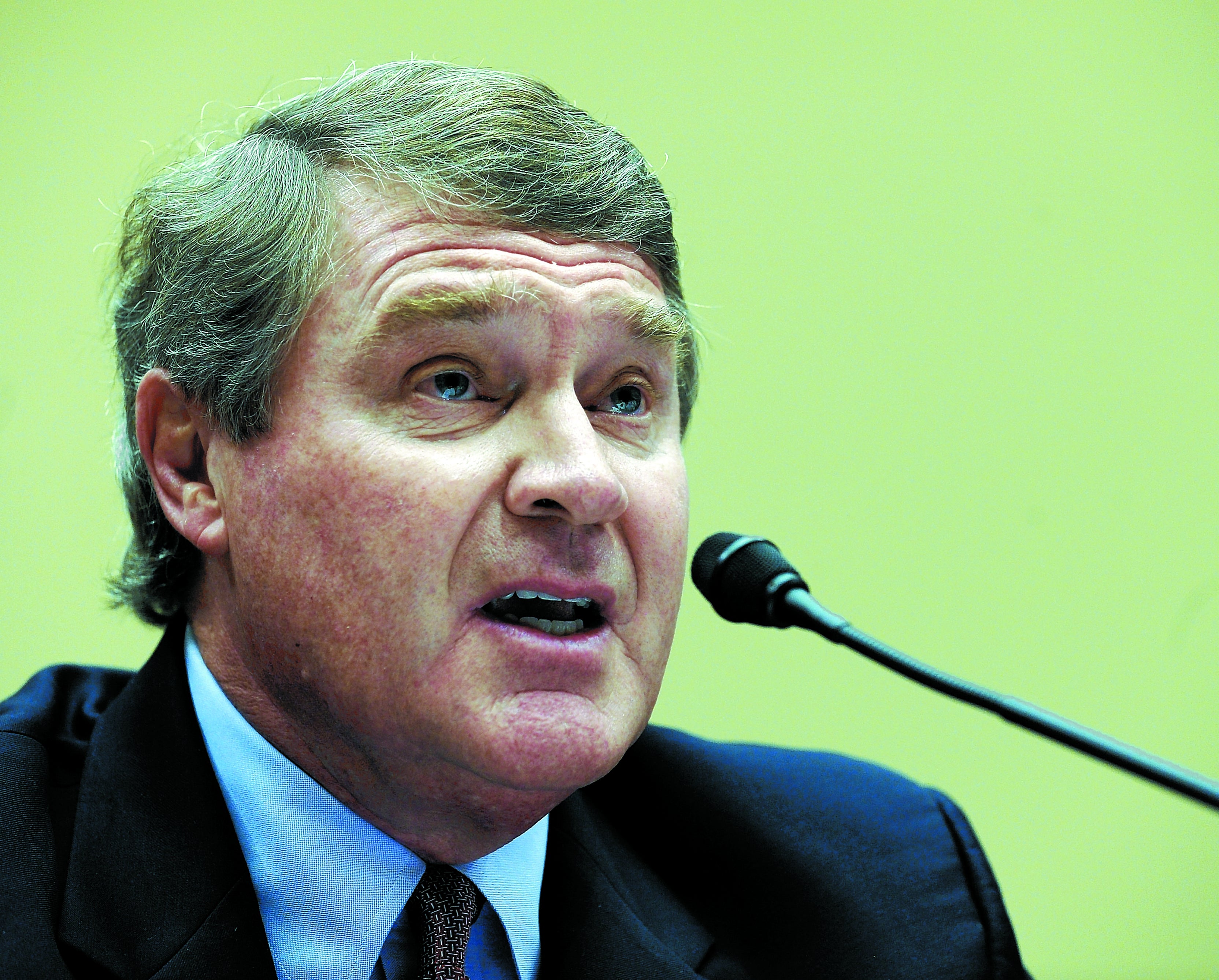Mind games: ACC schools ramp up mental health services
Published 12:00 am Thursday, November 5, 2020
By Will Graves
AP Sports Writer
PITTSBURGH — Tre Tipton felt off. Yet the Pitt wide receiver spent years wrestling with his inner demons in silence, assuming it was up to him to sort things out on his own because, well, that’s just how things worked.
“We have to be the manliest of men,” Tipton said. “From a men’s perspective, it hasn’t been easy. You’re expected to brush the dirt off.”
Only the dirt — the kind you can’t get at with soap and water — lingered during Tipton’s roller-coaster career, one that’s included three different seasons being cut short by injury. For all the rehabilitation Tipton put his body through during his six years with the Pittsburgh program, he struggled to find peace.
Enter Kristen Mackel. The lead clinical counselor for Pitt athletics, Mackel kept gently reaching out to Tipton. She’d shoot him a text to ask him how he was doing. She repeatedly reminded him that her door — or at least her computer screen for a Zoom call — was always open. Last spring, as the tentacles of COVID-19 pandemic spread, upending the normal routine for Tipton and the other 400-plus Pitt athletes, Tipton finally relented.
“Once we sat down and talked, it gave me a sense of relief,” Tipton said.
Months later after countless talks, Tipton said Mackel “knows me better than most people know me. I used to work so hard to keep people out. She helped me learn to open myself up.”
The relationship between Tipton and Mackel is one that’s become commonplace in athletic departments across the Atlantic Coast Conference and the country as the stakeholders involved put a larger emphasis on the vital role mental health care plays in the development of athletes on and off the field.
The ACC hosted a Mental Health and Wellness Summit in 2019 in Durham. A second one was planned for last May before being scuttled by the pandemic. The conference offered a webinar instead focused on helping college athletes find ways to deal with the ripple effects of COVID-19. More than 400 tuned in.
“Our conference will continue to take a leadership role as now, more than ever, it’s critical to ensure our student-athletes, coaches and administrators have available resources and educational materials as we face unprecedented challenges in college athletics,” ACC Commissioner John Swofford said.
Pitt athletic director Heather Lyke made the decision two years ago to embed mental health professionals in the athletic department. She gave Mackel and Leigh Skvarla offices at the nearby Petersen Events Center, home of the men’s and women’s basketball program.
Mackel praised football coach Pat Narduzzi for taking the lead when the staff became embedded. He brought Mackel into the team facility and stressed to his players the services she provided.
“I hope they come in my office to talk about certain situations and they do and we try to get them as much support as we can on the outside that’s a professional because I’m no pro,” Narduzzi said.
North Carolina football coach Mack Brown said, “Many years ago, we didn’t say much about it (mental health) at all.”
Now, it’s a frequent topic. Last weekend Brown brought in a counselor to help the Tar Heels prepare for the potential emotional election. Two years ago when the son of a friend took his own life, Brown gave an impassioned speech to his players about the need to come forward if they are hurting. In the locker room, linebacker Jake Lawler was listening.
“After that meeting, Jake Lawler came in and said, ‘Coach, you saved my life,’ ” Brown said. “He said, ‘I was the guy sitting there thinking of doing something bad and you woke me up.’ It just reinforces the fact that you never know.”






